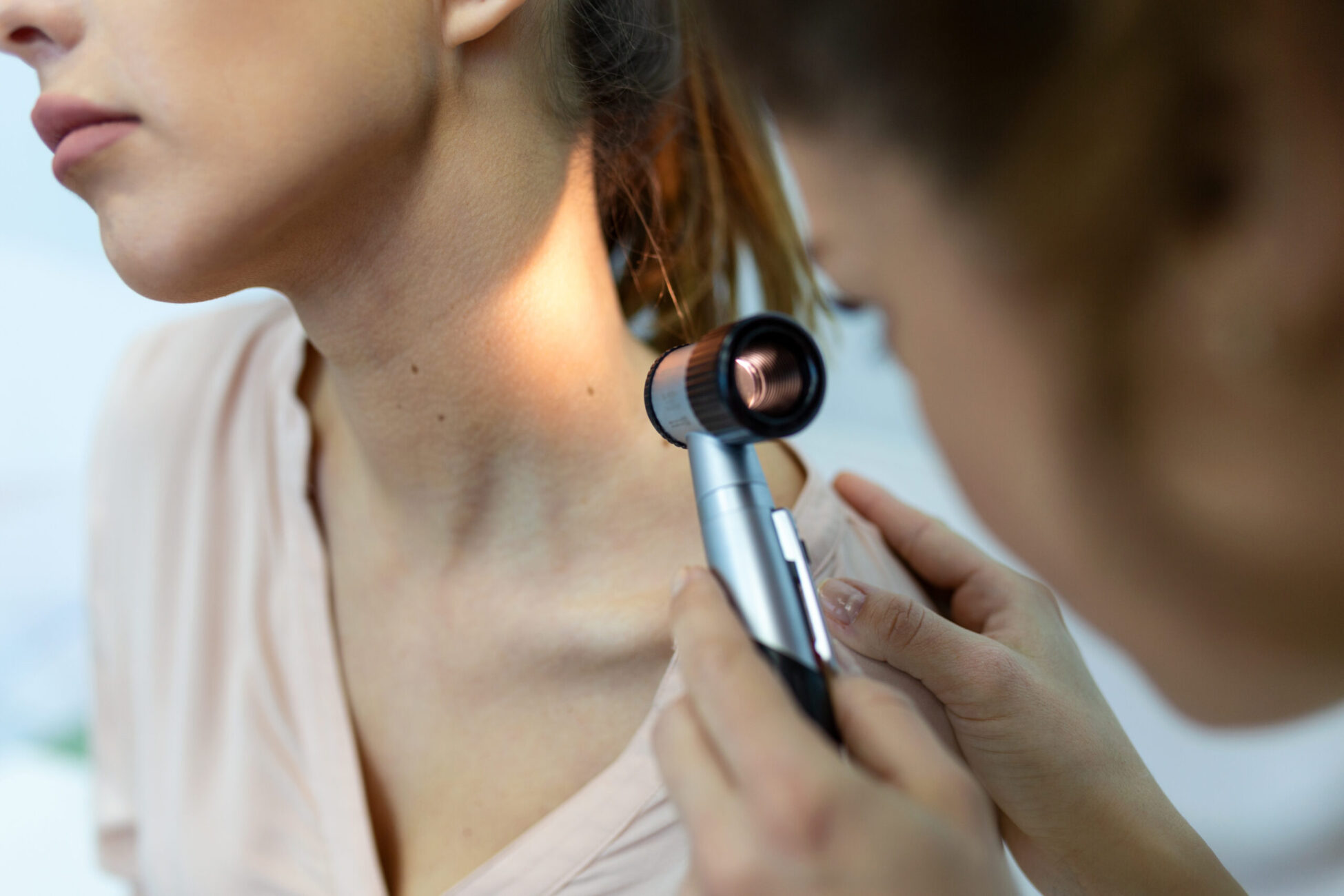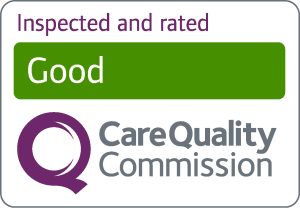What is a Wart?
A wart is a small, rough, skin-coloured growth caused by the human papillomavirus (HPV). The virus infects the top layer of the skin, leading the cells to grow more quickly than usual and form a raised bump.

Wart Removal
Where can they appear?
Warts can appear anywhere on the body but are most common on the hands, fingers, knees, and elbows. They’re usually harmless, though they can be unsightly, itchy, or occasionally painful, depending on their location.
They are also contagious, spreading through direct skin contact or by touching contaminated surfaces like towels, razors, or gym equipment.
What types are there?
Common warts: Rough bumps usually found on the hands or fingers
Plantar warts (verrucae): Found on the soles of the feet; can be painful when walking
Flat warts: Smaller, smoother warts that often appear in clusters
Filiform warts: Long, thin warts that appear around the mouth, nose, or eyes
Why Choose Chequers Health
Consultant Led Care
Fast and Effective Services
Modern and Comfortable Setting with Ample Parking
Patients from Bolton, Bury, Manchester, Wigan and the Northwest choose Chequers Health for professional Minor Skin Surgery
Our Treatment Process
Consultant-Led Care, Guided by Best Clinical Practice
Consultation
Your journey starts with a consultation with one of our specialists. During this appointment, we’ll assess the skin concern, review your medical history, and discuss suitable treatment options.
Procedure
The procedure is carried out under local anaesthetic to ensure your comfort. Our clinicians carefully remove the lesion, mole, cyst, or other skin growth using a safe, minimally invasive technique.
Aftercare & Follow-Up
You’ll receive full aftercare instructions to help your skin heal properly. If stitches were placed, a stitch removal or wound check appointment will be scheduled, usually about 1 to 2 weeks after your procedure.
Affordable Wart Removal
Consultation £50
Procedure £50
They are truly the best among all the centres offering a range of services, including intravenous iron infusions. The staff were exceptionally kind, professional, and genuinely caring — I felt completely comfortable and well looked after throughout my visit.
Our Consultants

Frequently Asked Questions
Yes. Warts spread through direct skin contact or indirectly via contaminated surfaces like towels, razors, or gym equipment. Avoid picking or scratching a wart to prevent spreading it to other parts of your body.
Some warts may disappear naturally over time, but it can take months or even years. Many people choose treatment to remove them sooner and prevent spreading.
Common treatments include cryotherapy (freezing with liquid nitrogen), electrosurgery, or surgical excision. Your clinician will recommend the best option depending on the size and location of your wart.
Most treatments cause only mild discomfort or stinging. Local anaesthetic is rarely needed, and recovery is typically quick.
You can usually resume normal activities immediately. The treated area may scab over and heal within 1–2 weeks, depending on the method used.
Sometimes they can, especially if the HPV virus remains in the skin. Following aftercare instructions and avoiding skin trauma can help reduce recurrence.



